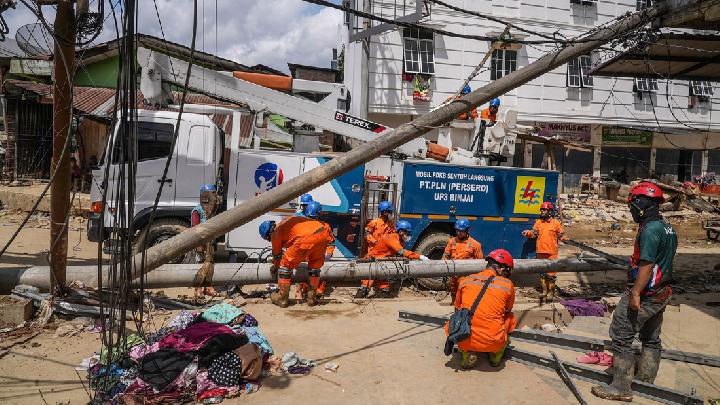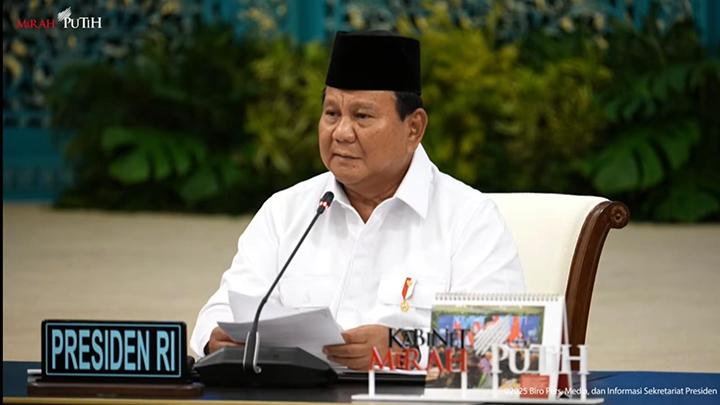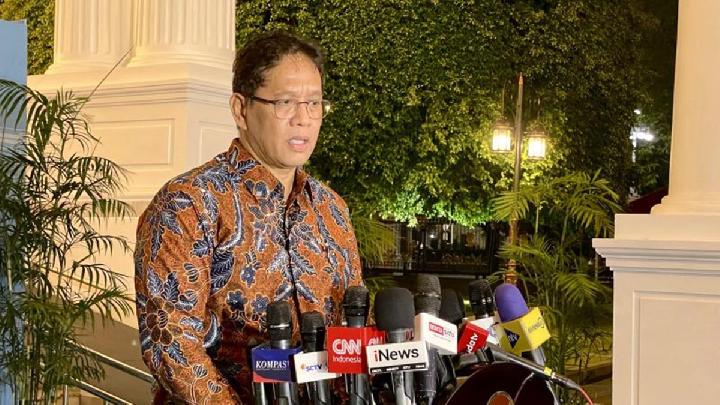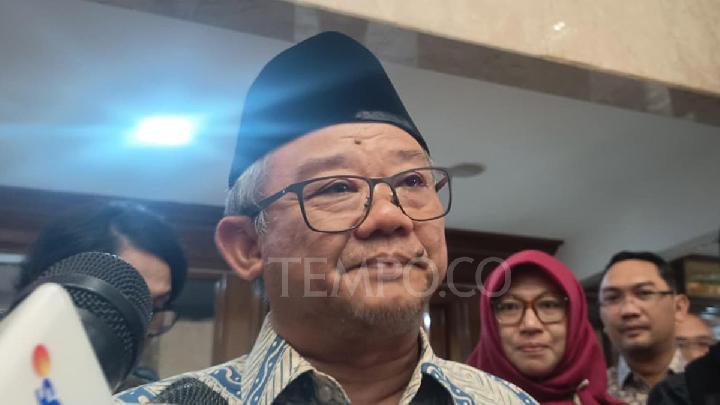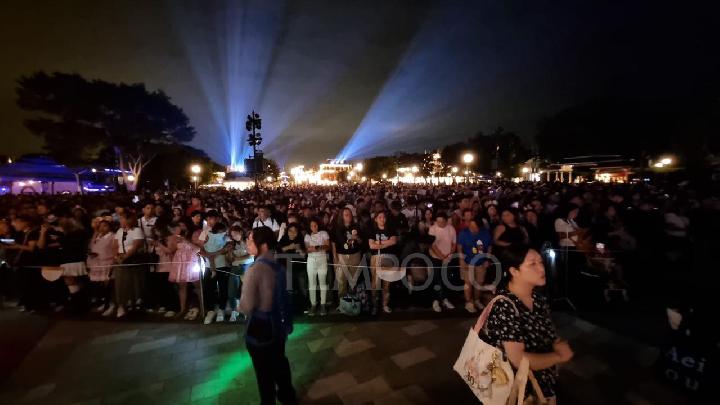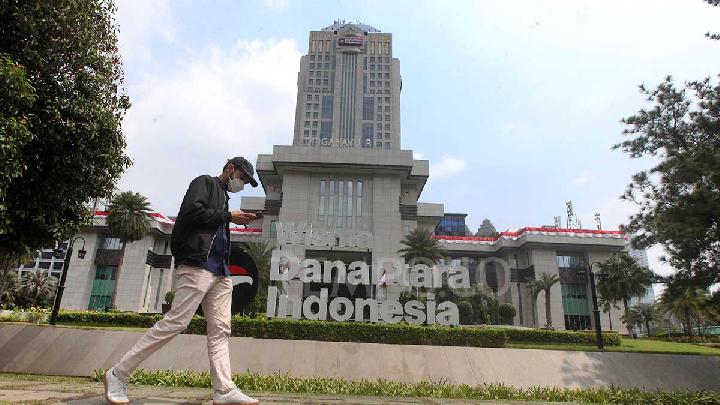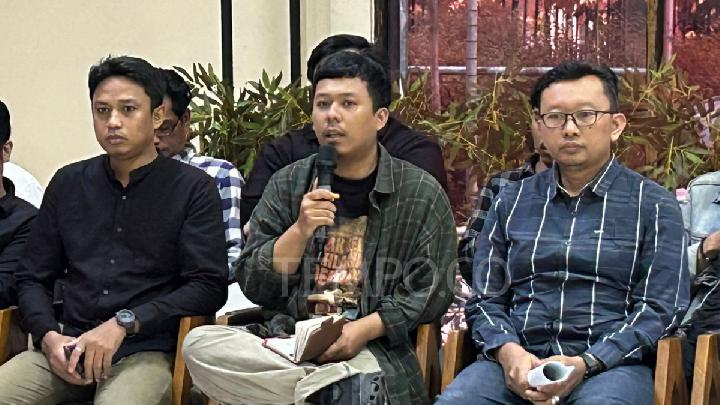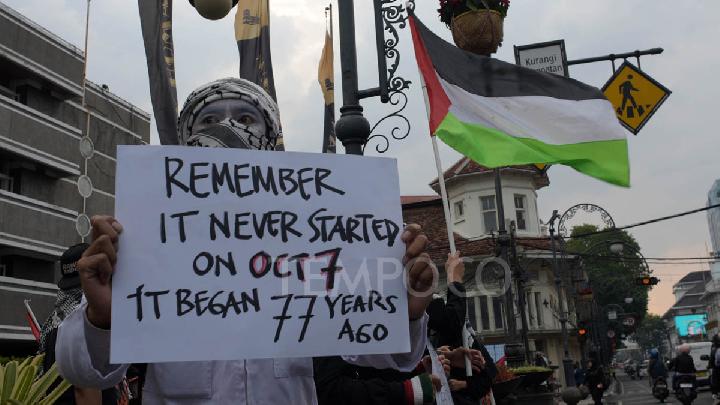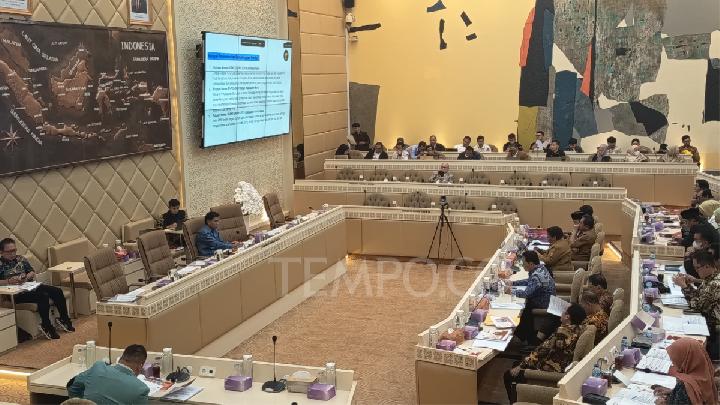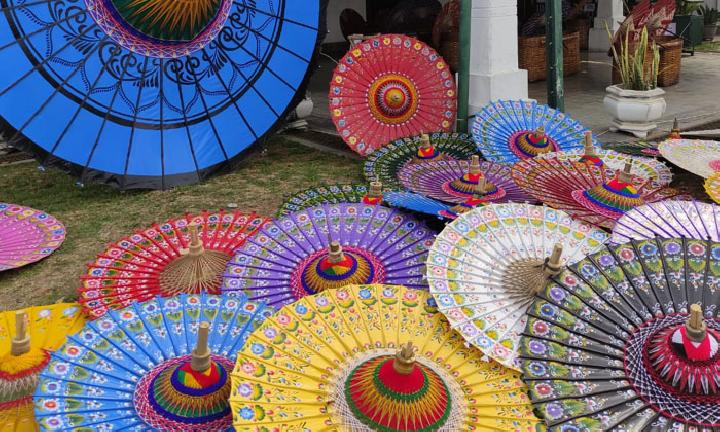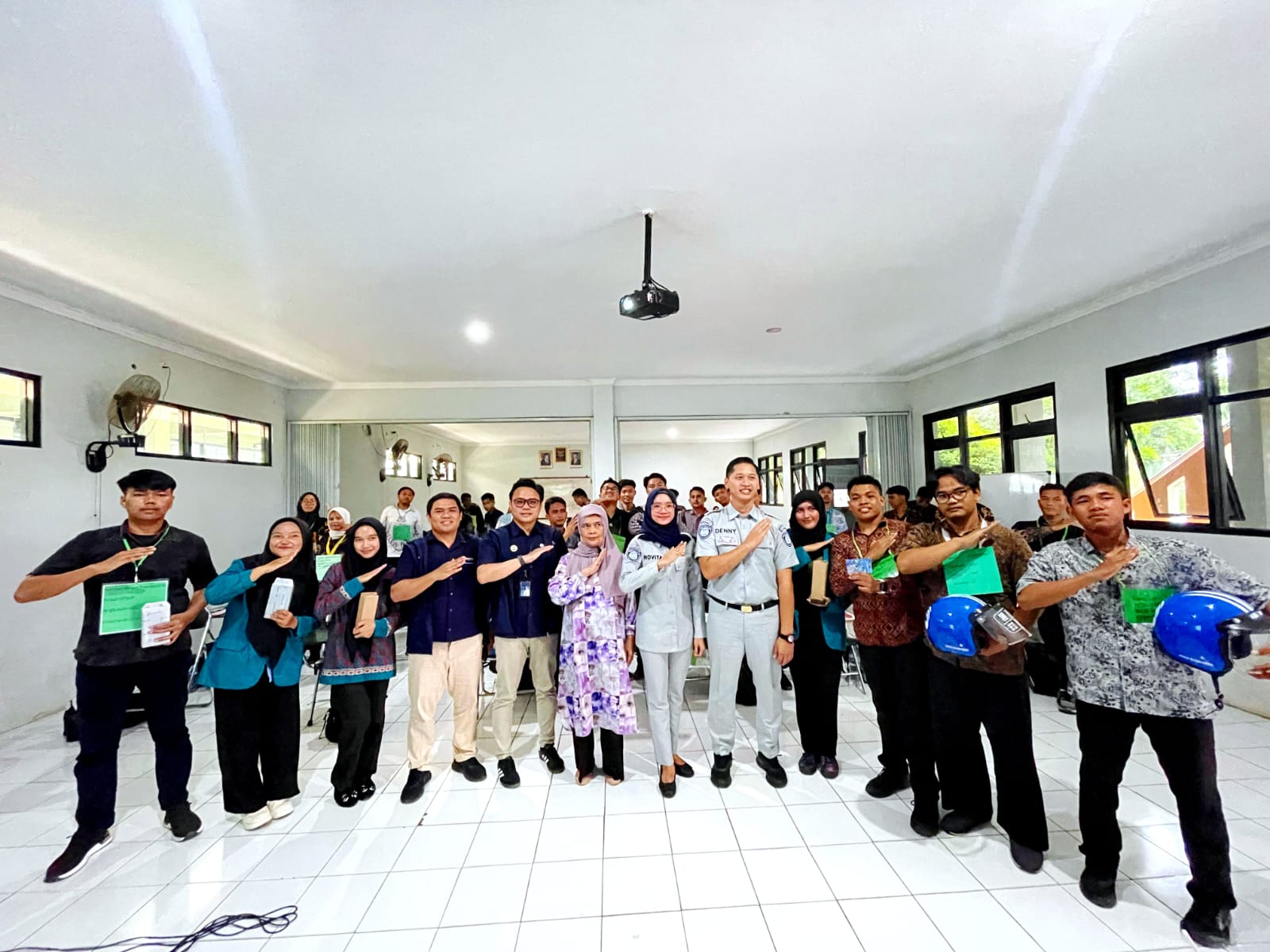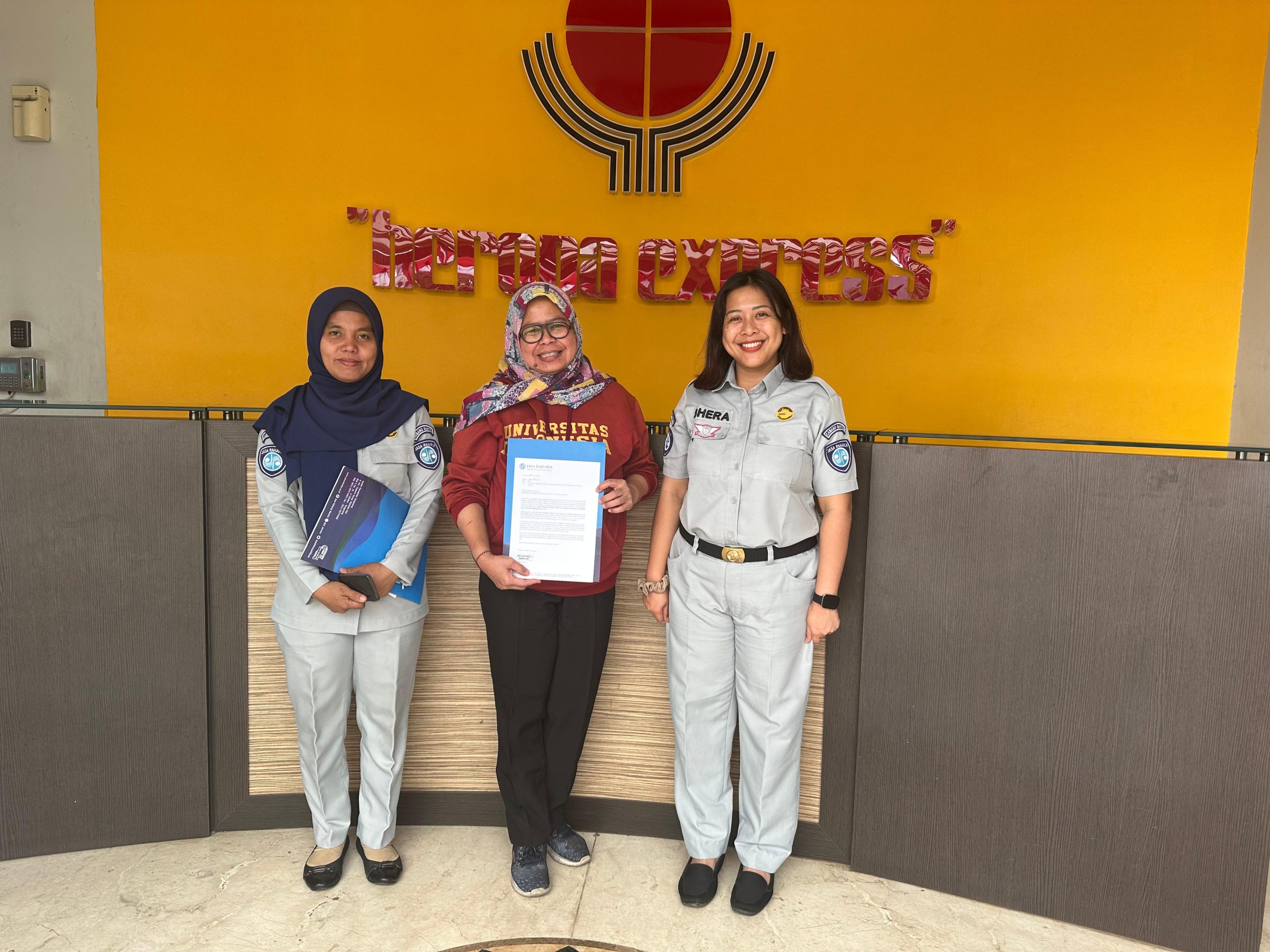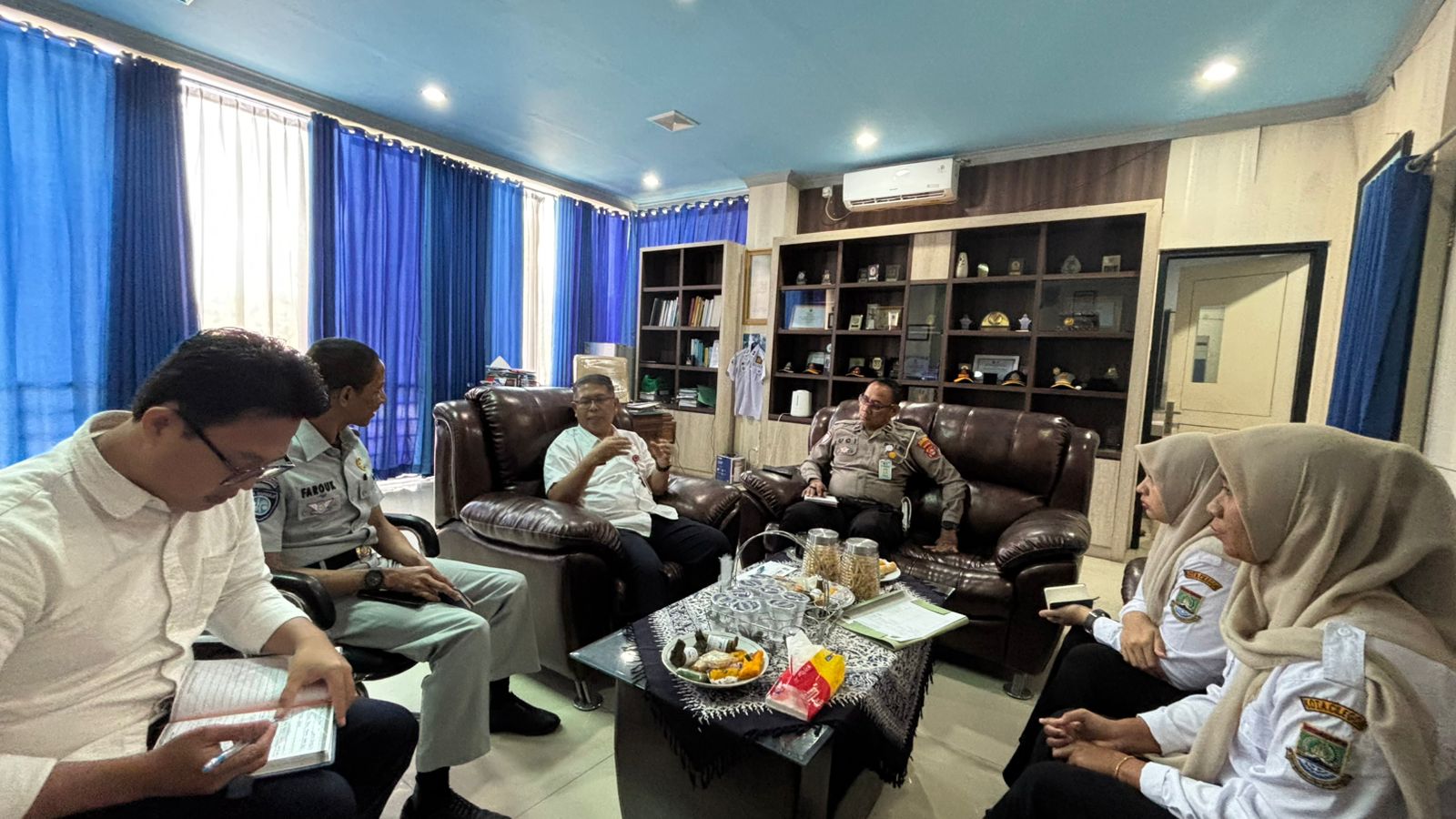TEMPO.CO, Jakarta - Bali has a special appeal for both local and foreign tourists, especially its unique cultural heritage. Tourists who wish to experience this cultural heritage can now explore it through the Bali Cultural Guidebook.
Initiated by Airbnb in collaboration with UNESCO, the cultural guidebook aims not only to celebrate and preserve Bali's cultural heritage, but also to promote tourism in lesser-known areas and strengthen the community on the island.
Until now, several touristy areas mainly revolved around Kuta, Seminyak, Legian, and Ubud. However, there are many other tourist destinations in other areas such as Tabanan, Gianyar, Bangli, Buleleng, and Badung.
Cultural Mapping
In the development of the guidebook to reflect the cultural heritage, UNESCO conducted cultural mapping in these five regions between August and December 2024. The mapping covered art, culinary traditions, festivals, rituals, and historical sites, forming the basis of the guidebook.
Meanwhile, Airbnb provided special training to local hosts to become cultural ambassadors. More than 75 hosts received training in storytelling, hospitality concepts, and business.
Mich Goh, Airbnb's Director of Public Policy for Asia Pacific, stated that these hosts become cultural ambassadors who can share their traditions with tourists from around the world and bring the benefits of tourism to the community.
Tri Hita Kirana Philosophy
In line with the embodiment of the Tri Hita Karana philosophy, which emphasizes the harmony between the spiritual world, humans, and the environment, the book incorporates this philosophy into life by inviting tourists to not only see Bali but also experience and connect with the culture.
"This is the future of tourism in line with Airbnb, which is responsible, inclusive, and culturally connected," said Mich Goh at the launch of the guidebook at Jendela Bali, Taman Budaya Garuda Wisnu Kencana, Bali, on Wednesday, September 10, 2025.
Through this guidebook, she hopes to inspire tourists to explore Bali in a more meaningful way, while strengthening the community to preserve cultural traditions for future generations.
Moe Chiba, UNESCO's Culture Programme Specialist, stated that over 170 elements were identified by local cultural experts and the Bali Cultural Preservation Board to compile the book. This was then translated to the hosts to put into practice so that they can become cultural ambassadors.
This means that hosts not only offer accommodations but also connect tourists with local traditions and businesses, while respecting the values of the community. "This shows that global travel platforms and local communities can work together to build more meaningful, sustainable, and respectful tourism," she said.
Host Selection
Ayu Martiasih, Community Leader Host at Airbnb, mentioned several criteria for hosts participating in the cultural ambassador training. These include managing guest houses or homestays, being located in areas with UNESCO Cultural Heritage Sites, and being environmentally friendly.
The selected hosts will receive education so that they can offer more than just a place to stay, but also provide experiences to the tourists. "They can also share cultural stories, religious life, and world views. This way, guests can get to know Bali better.
Meanwhile, the Bali Provincial Government appreciates the launch of this cultural guidebook. The book not only serves as a reference for cultural tourism, but also as a learning, inspirational, and reflective medium.
"By introducing Bali not only through its beaches and resorts but also through authentic stories about people's lives, meaningful rituals, and cultural landscapes passed down through generations," said Governor Bali I Wayan Koster, as conveyed by Bali Tourism Agency I Wayan Sumarajaya.
Main Topics
The Airbnb and UNESCO cultural guidebook covers several main topics. These include the UNESCO World Heritage Subak System, which discusses the ancient irrigation system "Subak," embodying the harmony of Bali with its nature and people, reflecting the Tri Hita Karana philosophy, and promoting sustainable agriculture.
A list of sacred temples and iconic sites, a travel guide for visitors when visiting sacred cultural sites, including etiquette at temples and local customs. This also includes celebration days such as Nyepi, culinary traditions, and Balinese craftsmanship.
Editor's Choice: The Irony of Balinese Tourism Development
Click here to get the latest news updates from Tempo on Google News





